Across the United States, major retailers like Walmart, Dollar General, and Five Below have either completely banned self-checkout or imposed limitations at certain locations.
These changes come as states like California consider legislative action to restrict the use of self-checkout systems in an effort to address retail theft and its broader implications.
Legislative Response to Retail Challenges
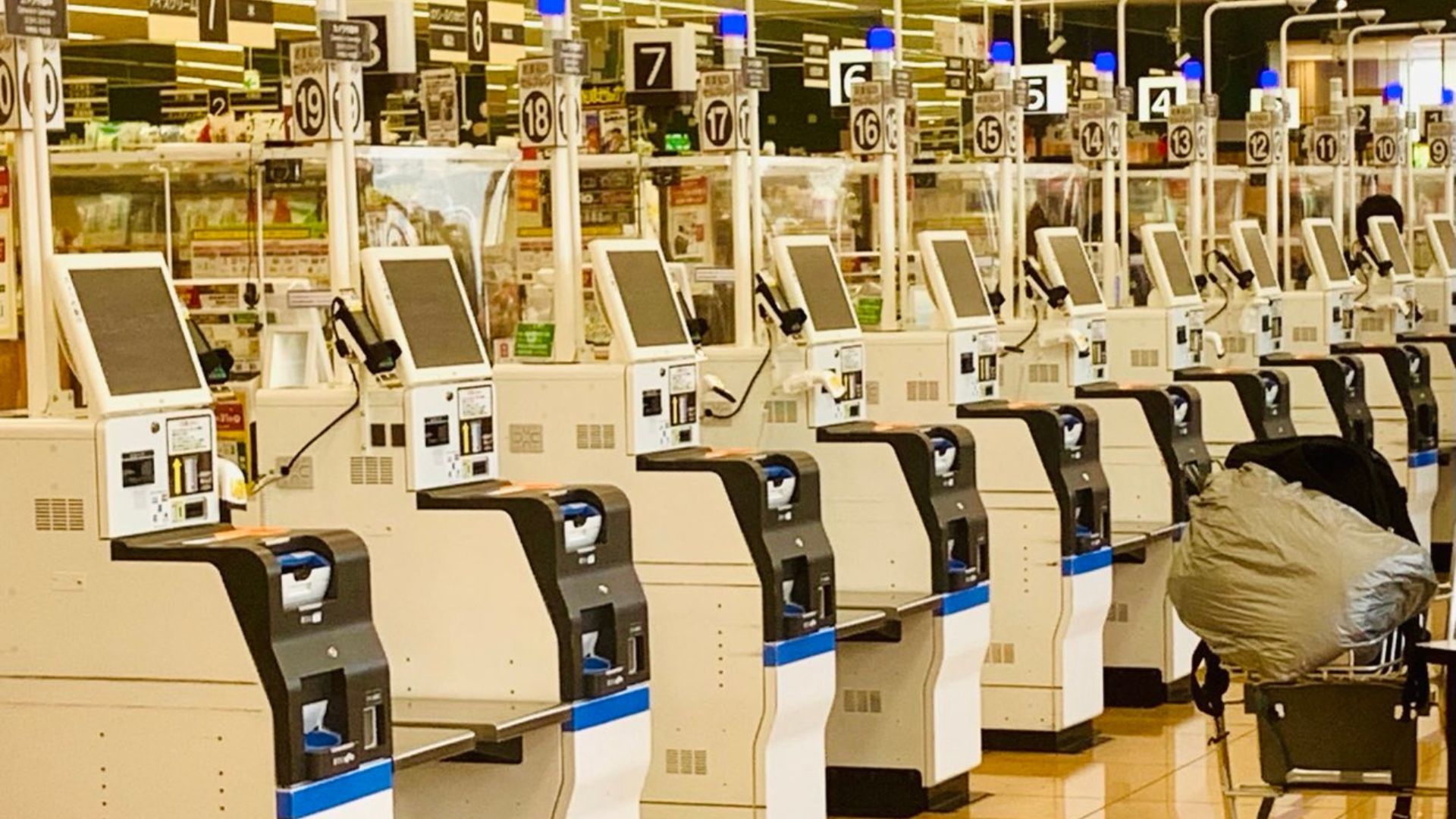
Progressive lawmakers in California are seeking to legislate self-checkout operations out of the hands of retailers, proposing severe limitations.
This approach represents a significant shift in how retail operations might be managed, focusing particularly on the balance between technology and employment within the retail sector.
The Bill’s Requirements for Self-Checkout
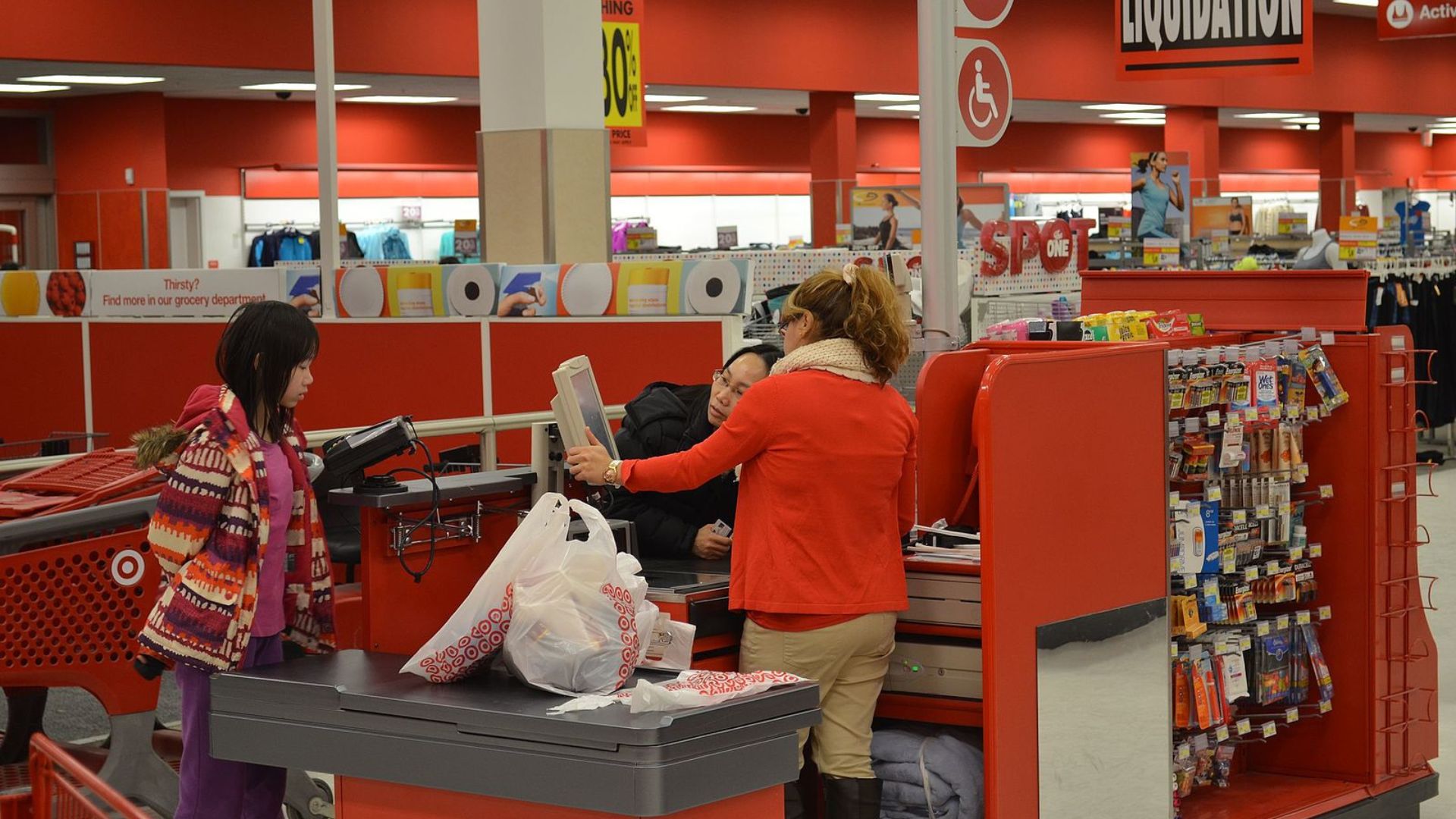
The legislation proposed in California requires that for every two self-checkout machines, there must be one employee present.
This stipulation is part of a broader attempt to keep more staff within retail environments, as opposed to allowing unchecked expansion of automated technologies that might replace human workers.
Item Limitation at Self-Checkout Machines

Under the new proposal, self-checkout machines would only be used by shoppers with 15 items or fewer.
This is an adjustment from previous limits, which allowed up to 10 items. This change indicates a tightening of policies surrounding the use of these automated systems in everyday shopping experiences.
The Bill’s Dual Objectives
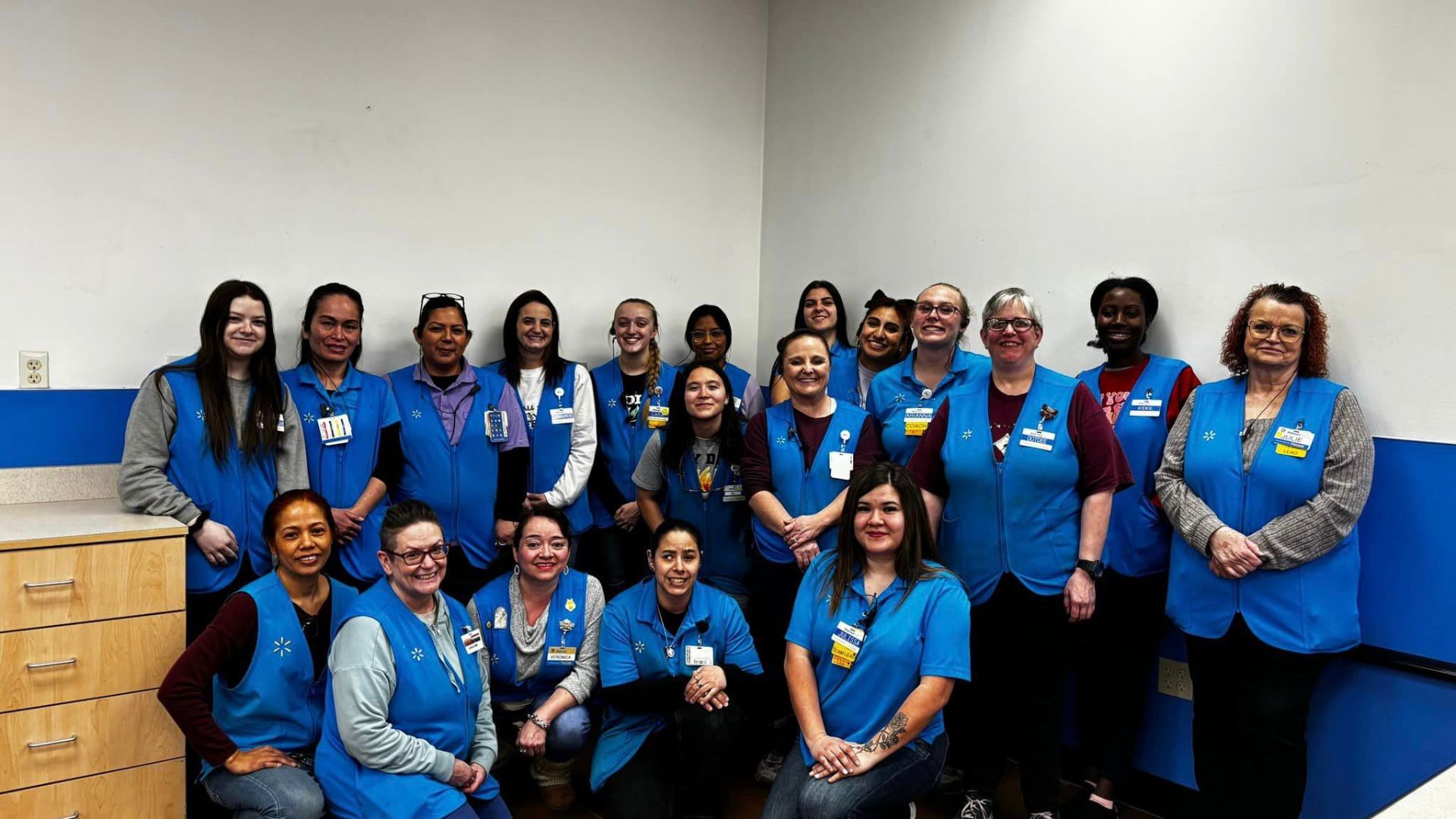
State Senator Lola Smallwood-Cuevas introduced the bill with a clear purpose.
She stated, “Its purpose was to cut down on shoplifting while also keeping retail workers safe.” This remark illustrates the dual focus of the legislation, which aims to enhance security and maintain employment levels within the retail industry.
Impact on Jobs and Technology
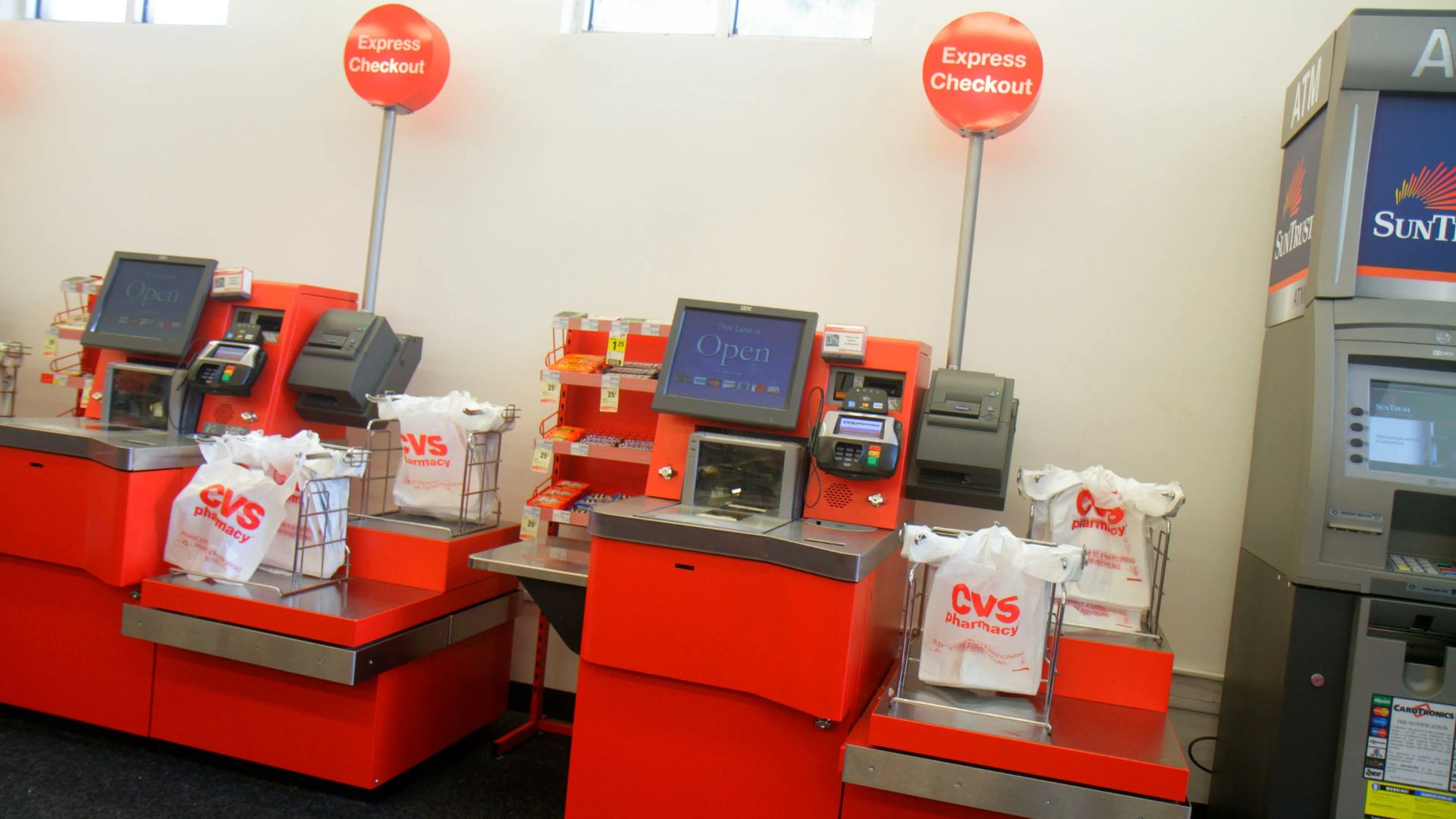
The proposed bill also mandates a comprehensive analysis of how self-checkout technologies could affect job roles within stores.
It requires that studies be conducted to evaluate the impact on employees’ duties and the potential reduction in salaries and benefits, ensuring that workers are fully informed of technological changes that could affect their employment.
Support from Labor Groups
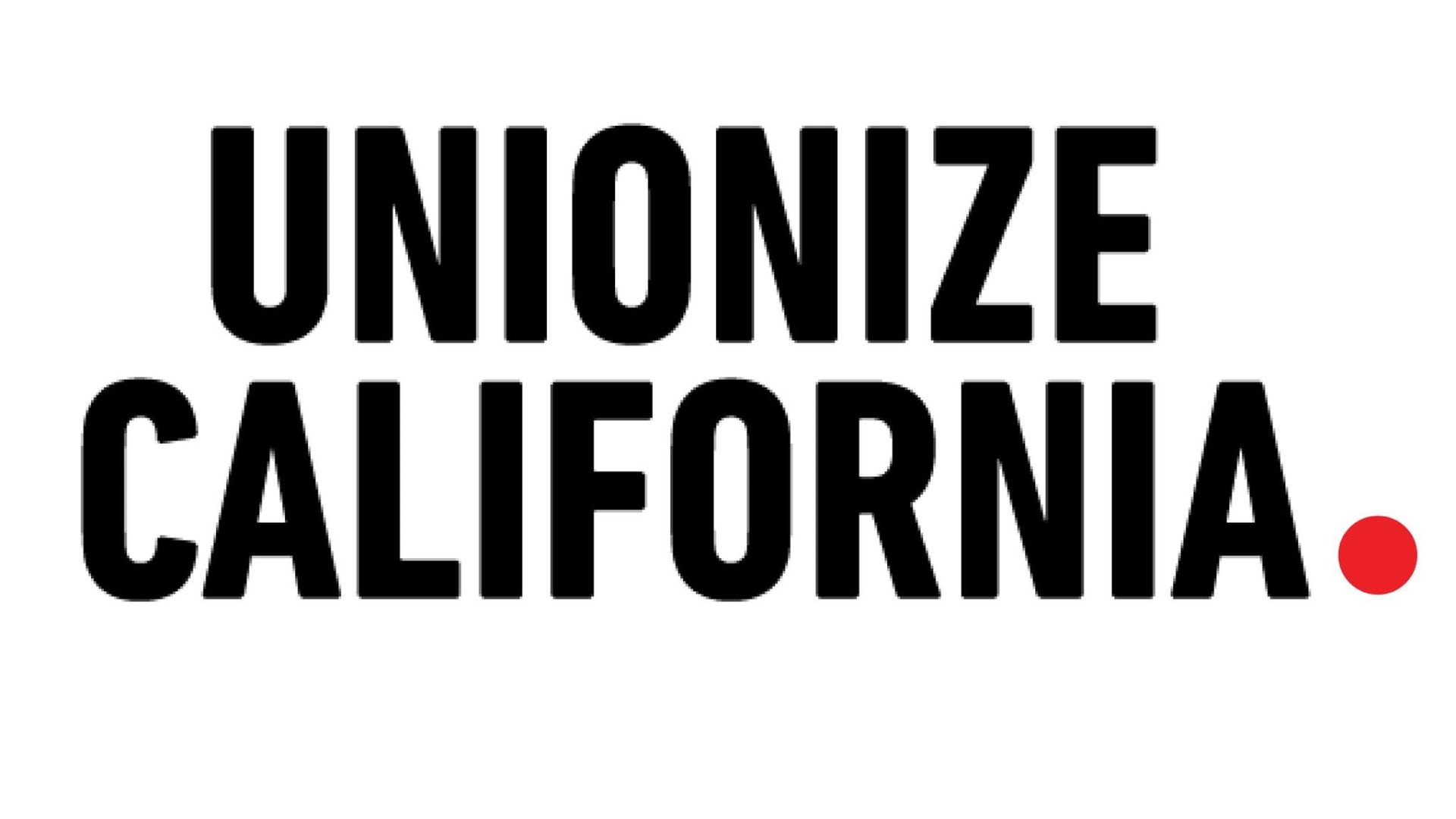
Labor organizations, including the California Labor Federation and the United Food and Commercial Workers, have expressed strong support for the bill.
These groups view the legislation as a crucial step in protecting jobs from being displaced by automated technologies, highlighting the importance of human roles in retail operations.
Business Opposition to the Bill
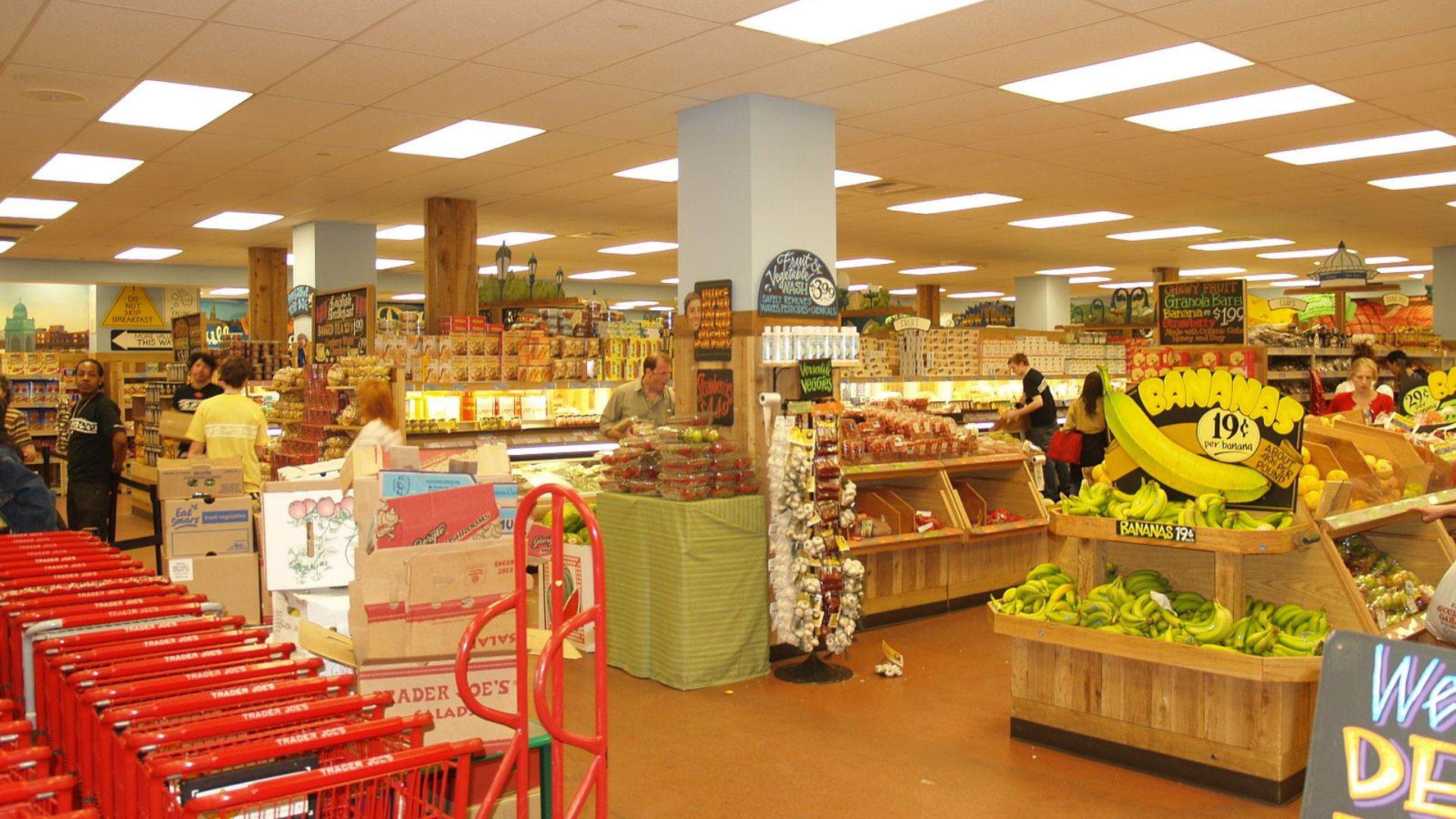
Business groups such as the California Chamber of Commerce and the California Retailers Association have voiced opposition to the bill.
They argue that the emphasis on employment might detract from effective strategies to deter theft, which continues to be a significant issue regardless of staffing levels at checkout areas.
The Vulnerability of Self-Checkout to Theft
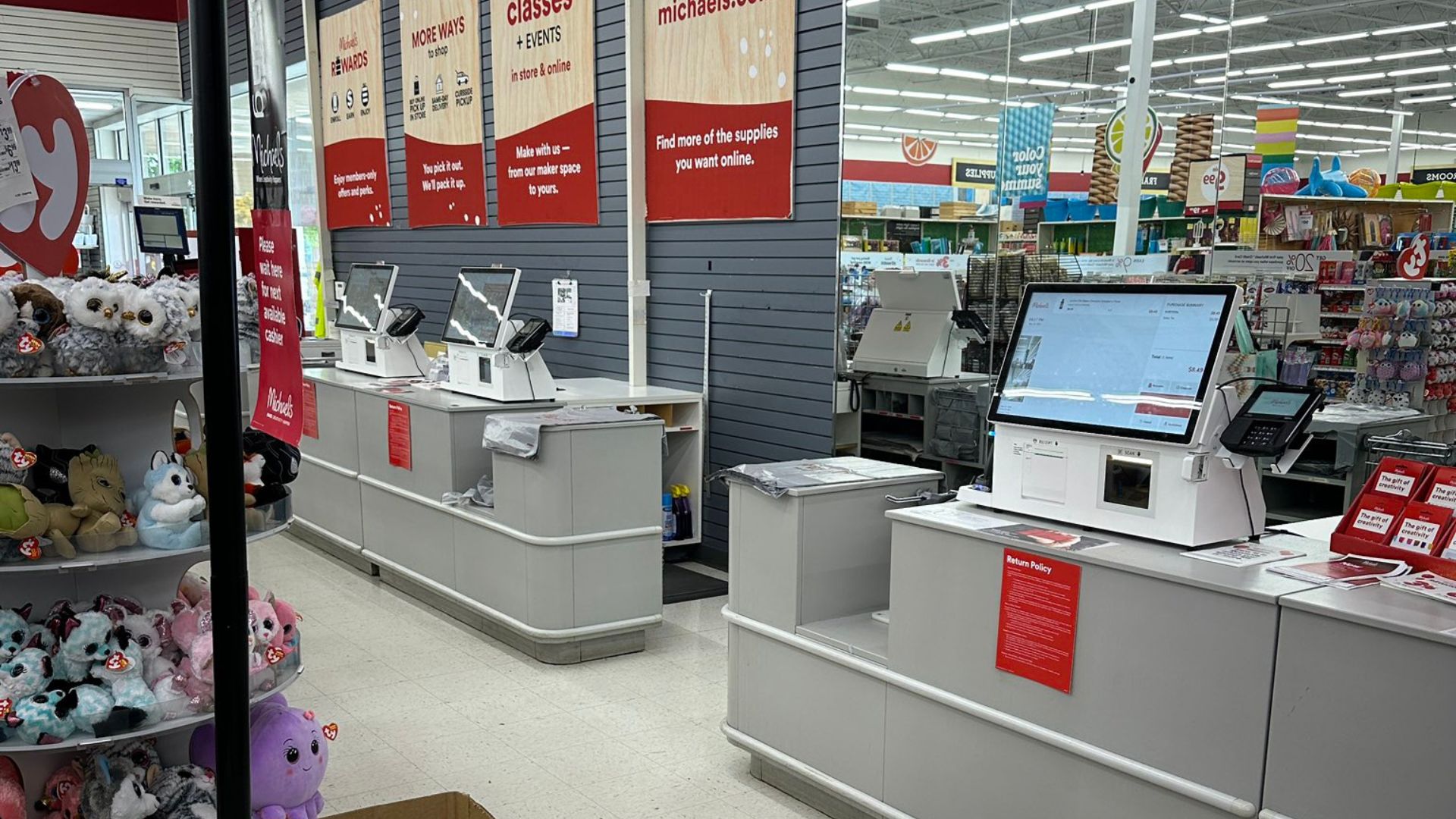
Highlighting the risks associated with self-checkout, Smallwood-Cuevas cited a study, stating that self-checkout lanes are “16 times more vulnerable to stealing than cashier lanes.”
This data is a key part of the rationale for the proposed restrictions, linking the presence of staff directly to theft prevention.
Public Sentiment on Crime and Shoplifting

Amidst rising shoplifting rates, which saw a 61% increase in Los Angeles alone during the previous year, there is growing support among Californians for stricter crime policies.
This public sentiment is shaping the legislative discussions around retail theft and the role of staffing in preventing such crimes.
Retailers’ Measures Against Shoplifting
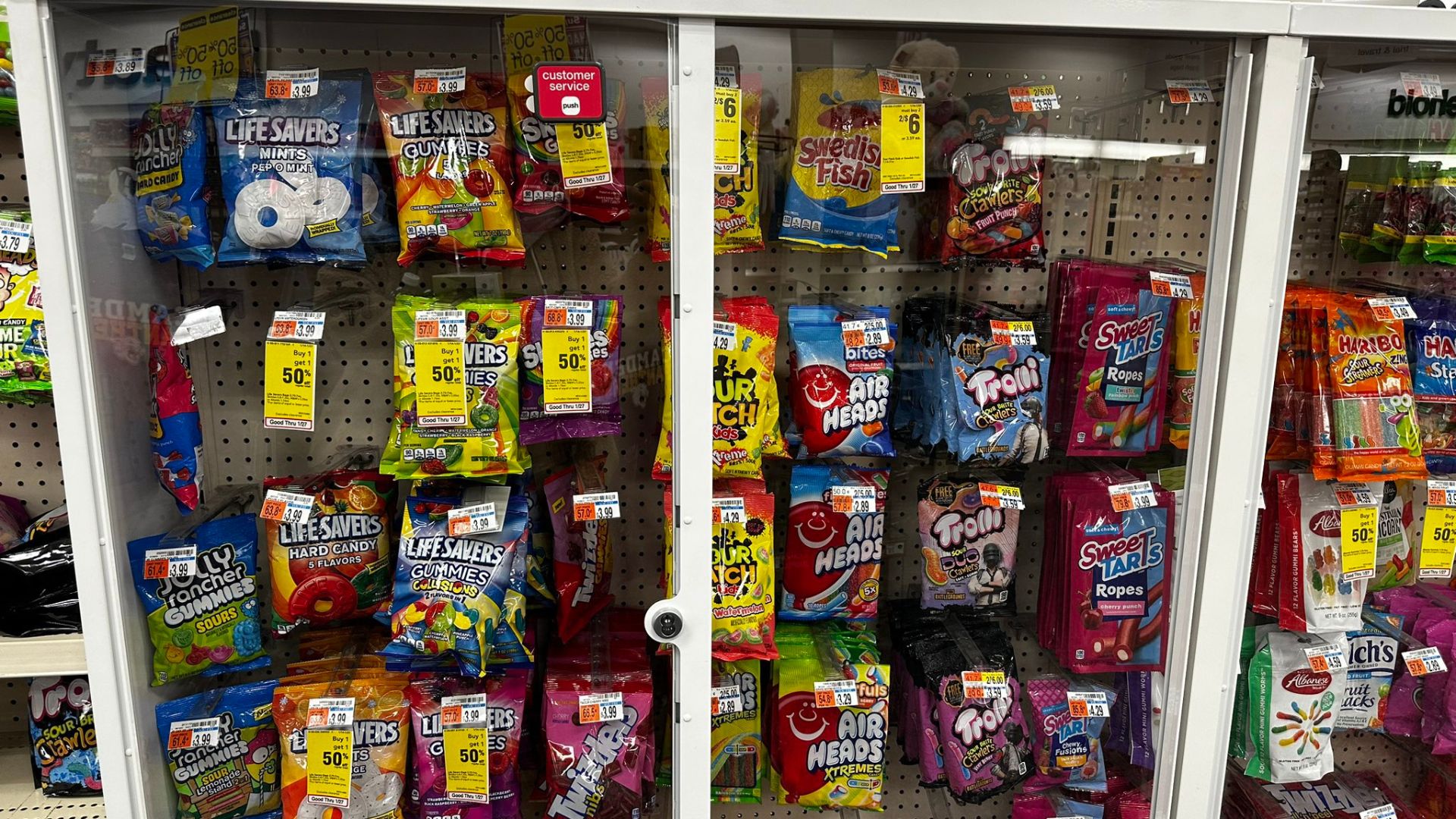
In response to the theft crisis, retailers like Walmart, Target, CVS, and Walgreens have taken independent measures such as securing high-theft items with physical restraints.
These efforts are aimed at preventing theft but have caused inconvenience for shoppers, highlighting the challenges of balancing security and customer experience.
The Future of Retail in California

As the debate over the role of self-checkout in retail continues, the outcome of this legislative push could have significant implications for the future of shopping in California.
With potential statewide votes looming, the direction of retail policy and practice in California is poised to change, reflecting broader concerns about technology, employment, and crime in retail environments.
